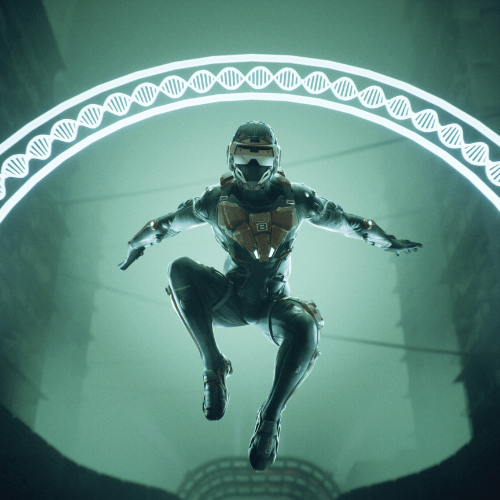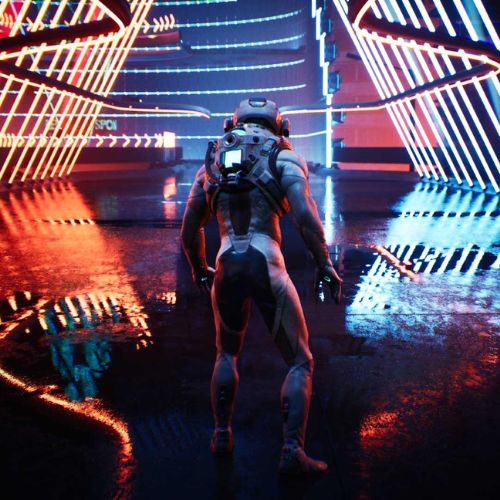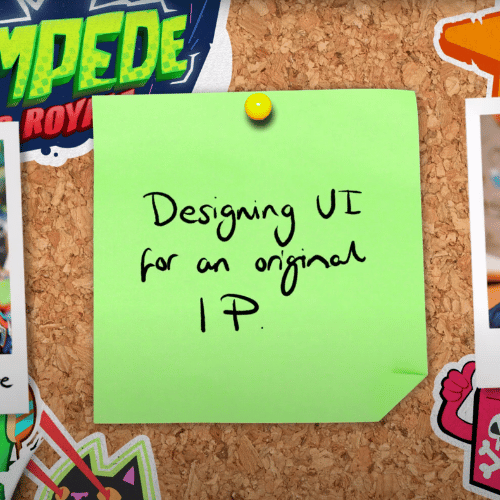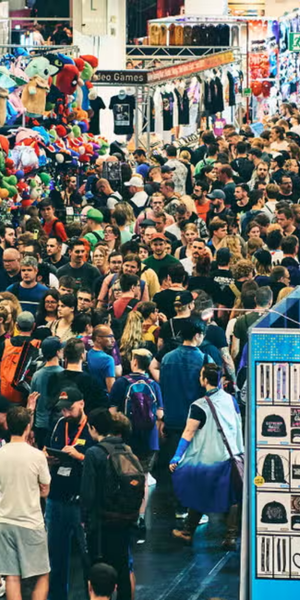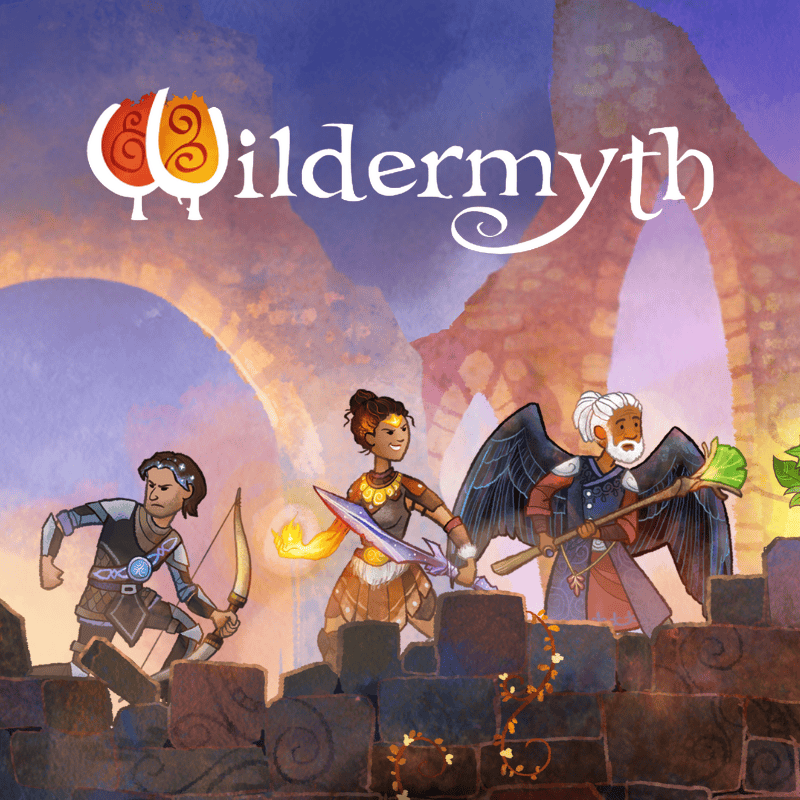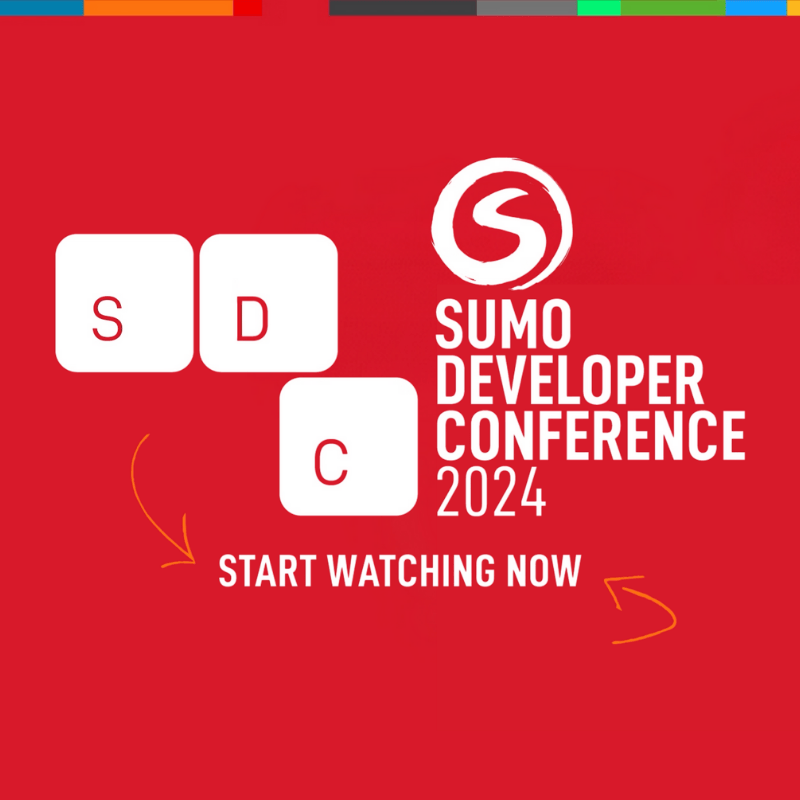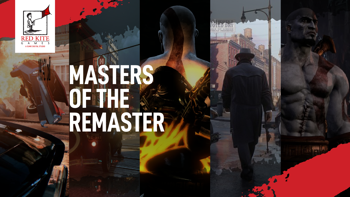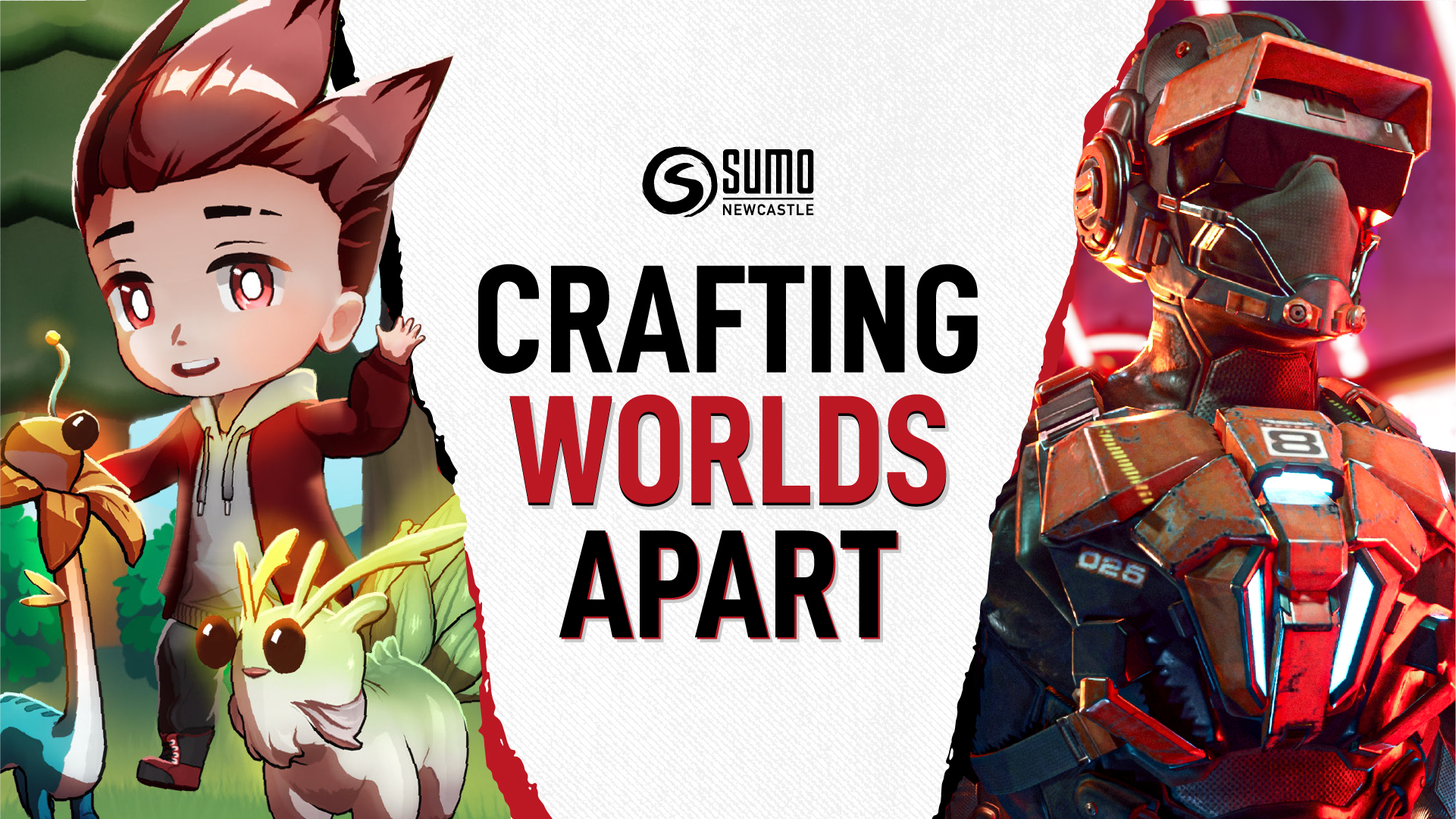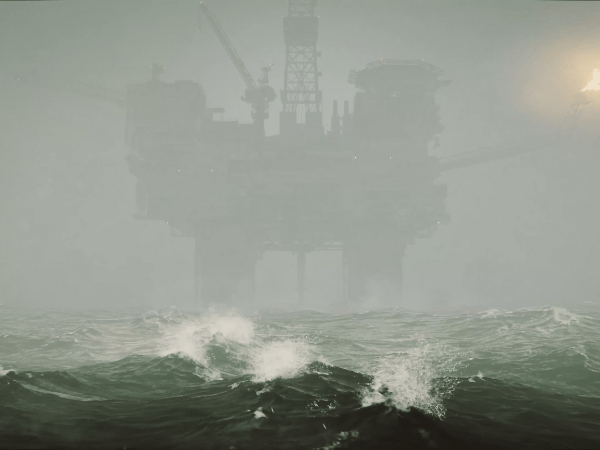Red Kite Games has provided opportunities for its people to collaborate with some of the biggest names and games in the industry.
Many of these projects have been brand-new titles, while others have seen our people working their magic on remasters, bringing beloved games of yesteryear to a new audience – as well as trip down memory lane for others.
But how does a studio approach a remaster game project? And how can the preparation differ from working on an original IP? Red Kite Games’ Technical Director Andy Greensmith and Programmer Dave Smith explained how it all works.
“When starting work on remastering a game you have to start with the original,” said Andy. “A good place to start is to look at the original game’s systems and work out what needs improving. Something that can’t be overlooked is looking at what people loved about the original game.
“For example, if there’s a very popular gameplay element that could be improved with modern technology and tools, should it be?”
“The key difference between a remaster and original IP would be that all the principal design decisions, themes, aesthetic, and story are already set and (mostly) immutable,” said Dave. “The problem shifts from ‘How do I create a great game?’ to ‘How do I translate a great game into today’s world while preserving all that made it special?’.
“Players often look back on fond memories with rose-tinted spectacles. What once may have been hailed as an industry-leading graphical masterpiece may no longer look that way. But in the minds and memories of the original fans, it still is. Therefore, it is almost vital to hit those same notes again, but in an industry that is far more advanced.
“Not only that but there needs to be a balance struck between updating the gameplay and visuals of new, with the nostalgic memories and ‘feel’ of old. Which is quite a difficult rope to traverse across! Old gameplay systems may feel clunky and outdated but updating these in subtle ways can vastly throw off the feel and experience the original delivered.”
Managing a remastered game, as well as the expectations of both new and previous players who are fond of the original, can be a somewhat daunting task. Andy and Dave discussed the rewards and challenges of working on a project of this kind – and why the team at Red Kite Games were eager to get involved.
“Remastering or remaking a game can be challenging,” said Andy. “Fans already have an expectation of the game because they are fans of the original.
“Remastering a game is somewhat like taking a classic car that is beloved by many and installing modern parts. The challenge is figuring out the right balance between tuning up the original version and changing and upgrading so much of it that it’s unrecognisable.
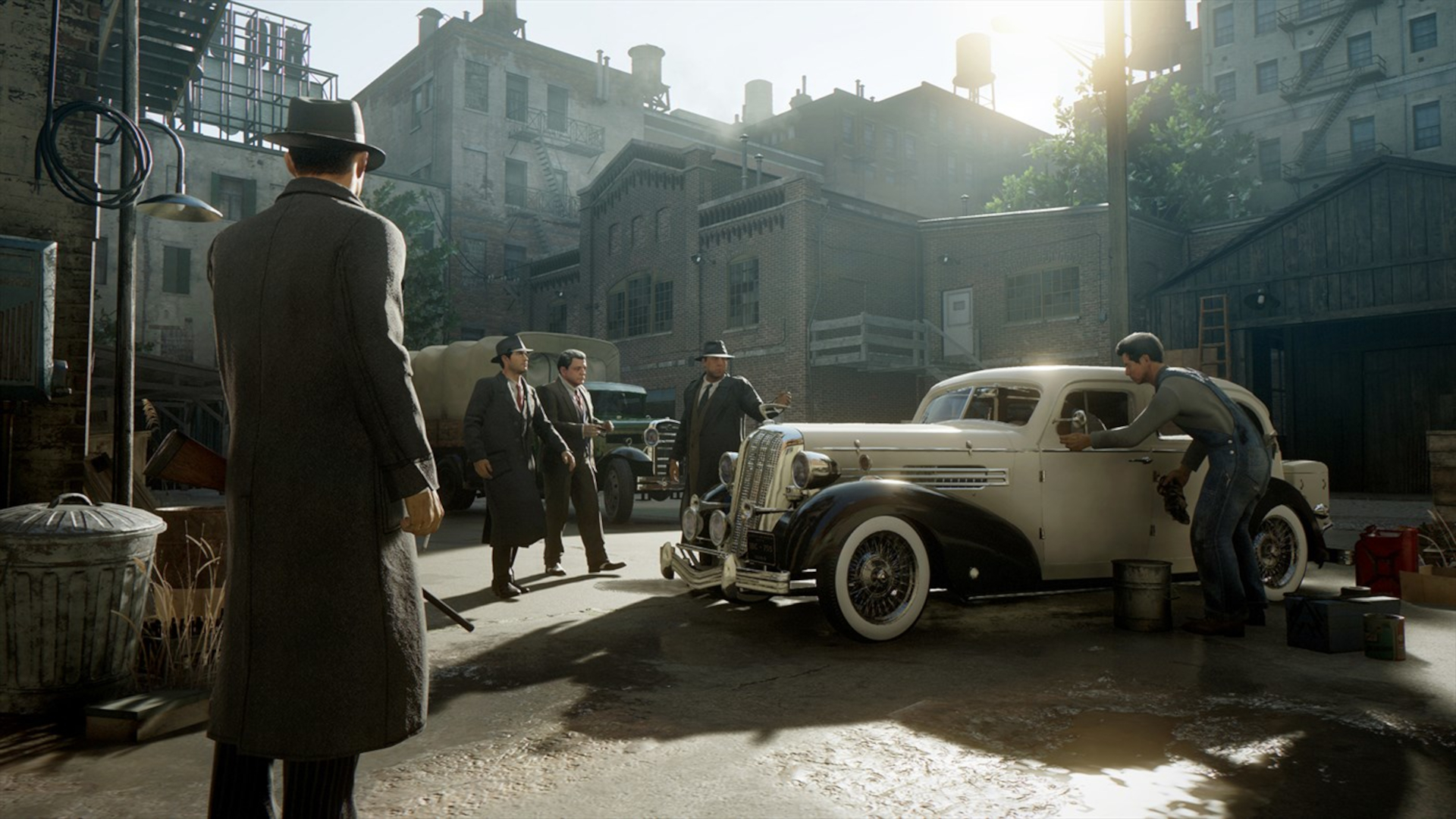
“However, it can also be very rewarding. With a remaster you can bring old fans of the game back and hopefully give them that sense of awe and wonder they had when playing the game for the first time. It can also be rewarding because you are introducing an entirely new generation of players to the game that may have missed out on playing the original.”
“Many of us at Red Kite grew up with Mafia and God of War defining our childhood and teenage years,” said Dave. “To work behind the scenes of worlds that gave us so much joy in our naive youth is both exciting and enlightening.”
“With God of War III: Remastered one of the elements we needed to remaster was the sound,” Andy adds. “With an original game, you can record voiceover and develop new sound effects to fit any situation. But with a remaster you’re somewhat confined to the sound design of the original game.
“Players will know exactly what sound Kratos makes when he takes damage or swings the Blades of Exile so if you change a lot of those people may compare and contrast it negatively to the original. So, what we did was upgrade and enhance the sound of the original game, not only for a new game but for a new generation of consoles.”
A major project that people will no doubt have heard of is the Leeds-based studio’s development of Mafia III: Definitive Edition, bringing stunning 4K visuals and enhanced gameplay to 1960s New Bordeaux.
We asked Andy and Dave to tell us more about this individual project, and the key moments that stood out during its development – including developing for a cloud-based gaming audience.
“With Mafia III: Definitive Edition, we were given the opportunity to be one of the first video game studios in the UK to develop for Google Stadia,” said Andy. “With this project not only were we working to remaster games from Mafia, a critically acclaimed franchise, but we were also developing it for a brand-new platform.
“With Stadia being such cutting-edge technology, perhaps bleeding-edge at the time considering it had not yet been announced, we were blazing a trail,” said Dave. “Developers are typically able to rely on a repository of forums, discussions, and lessons that fellow people within the industry participated in. Instead, we had all the joys of exploration and discovery – boons and frustrations alike.
“Two of the major hurdles for Mafia III: Definitive Edition were porting the entire engine over to a Linux-based OS and getting the renderer to run off Vulkan. After some months of effort, seeing the menu screen pop up for the first time on Stadia was monumentally exciting.
“Likewise, when we first loaded into a test level. While we still had a lot of work to do, and performance improvements to make, it was the first tangible example of our efforts.”
We’ve seen first-hand from Red Kite Games’ remastered titles that there are various factors to consider. Mafia: Definitive Edition gave the game world a new lease of life with realistic visuals and provided new mechanics, while God of War III: Remastered – whilst introducing 1080p to the game – focused on maintaining the ambience experienced in the original, but with greater effect.
“We love to make games and solve problems,”
So, what makes a good game remaster, and what do gamers want from it?
“A good remaster should give players the same feeling they had when they first played the original,” explains Andy. “When they boot it up and see the main menu and the opening cut scene, they should get that warm feeling of nostalgia that takes them back to when they were younger.
“A fact of remasters that players may overlook is the ‘Rose tinted glasses’ that players have for their cherished favourites. Players might not remember the games they played when they were younger had flat textures or lower quality sound effects than would be expected of a modern game.
“It’s quite a complicated problem to solve – How do you deliver the same impact, today?”
Gamers these days are fortunate to have some of the most powerful game consoles to hand, sat in their bedroom, living room or place of work – inviting millions of players into worlds that are truly beyond the imagination. With the PlayStation 5 and Xbox Series X|S dominating the market with the latest tech, what are the advantages for developers working on current-gen platforms – and how may that further develop with next-gen software such as Unreal Engine 5?
“Current gen consoles like the Xbox Series X|S or the PlayStation 5 have so much raw power and memory available to developers, compared to the previous generation,” said Andy. “This means that as a developer you have so much more room to implement detailed textures, lighting effects, uncompressed sound and so much more.
“New game engines like Unreal Engine 5 have revolutionary technology like Nanite Virtualised Geometry which gives increased geometric complexity and higher triangle, and object counts. These technologies mean we can develop games that look, sound and play better than ever before.”
Of course, Andy and Dave won’t spoil any surprises, but we asked if they saw remastered games playing a fundamental part in Red Kite Game’s future when looking at new projects.
“We’ve loved working on remaster projects like God of War III and Mafia: Definitive Edition,” said Andy. “Seeing the overwhelmingly positive response from players, whether they were big fans of the original or picking up the game for the first time is so important to us.”
“We love to make games and solve problems,” said Dave. “Remastering games introduces unique challenges that are fun to tackle – we can absolutely see remastered games factoring into our future.”
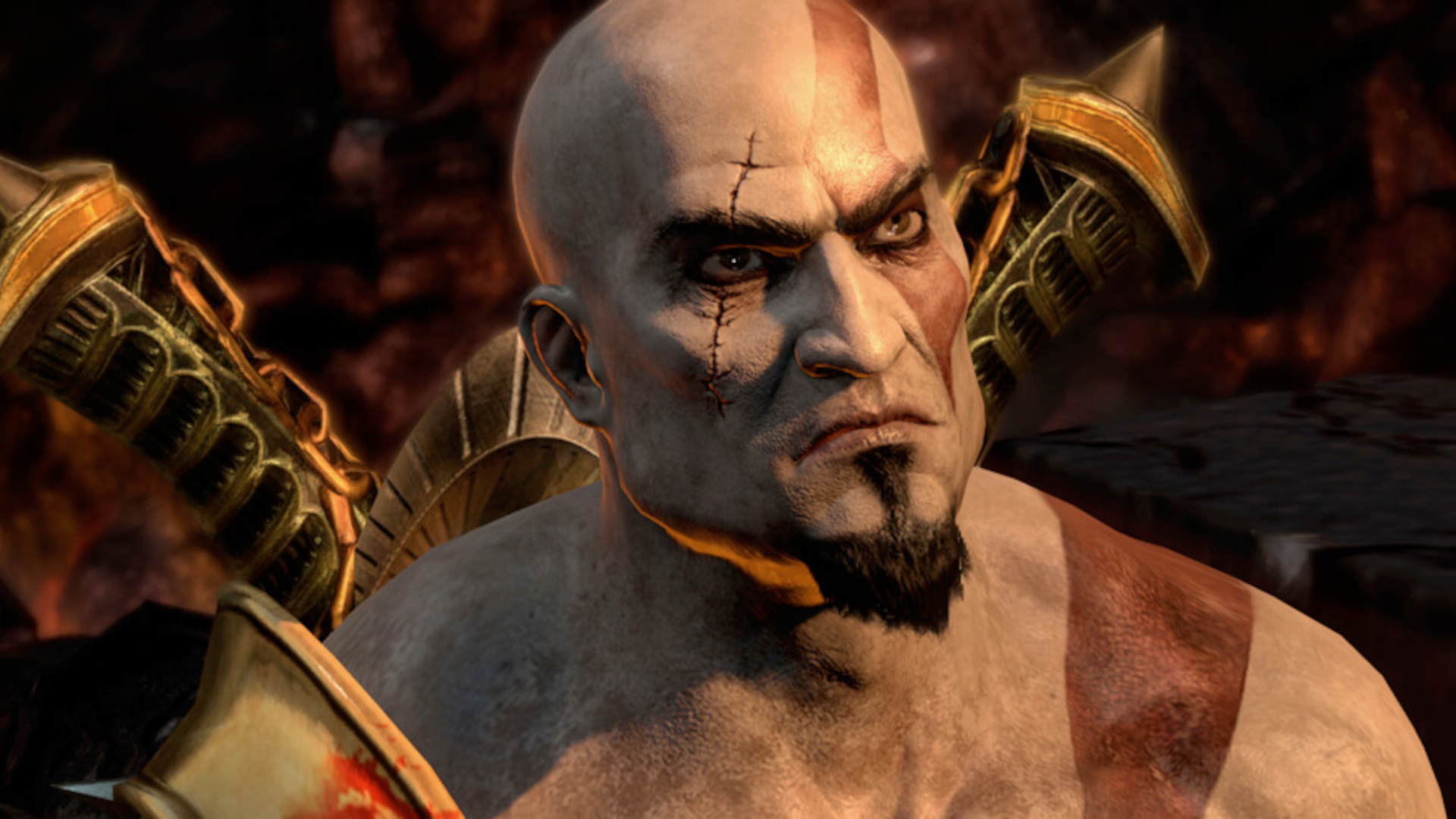
Interested in working on remastered games and other exciting projects? Check out the latest job vacancies on our Sumo Digital Careers page.



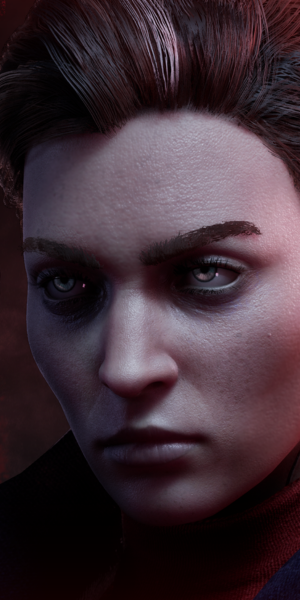 Vampire The Masquerade: Bloodlines 2
Vampire The Masquerade: Bloodlines 2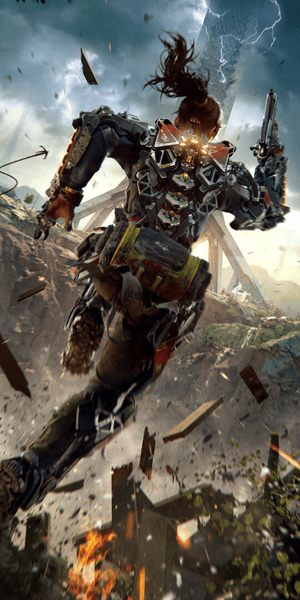 Exoborne
Exoborne Mars Horizon 2: The Search for Life
Mars Horizon 2: The Search for Life